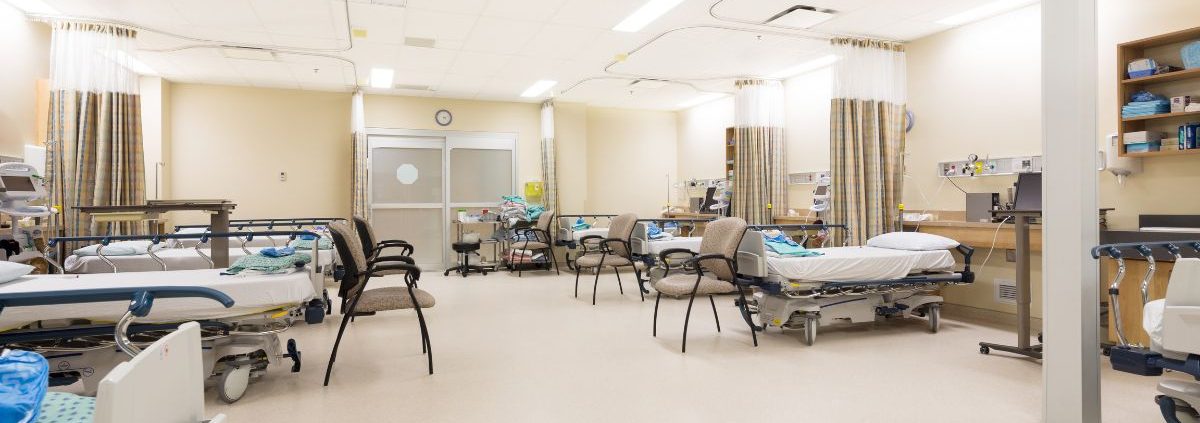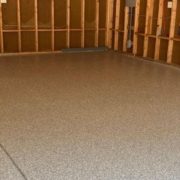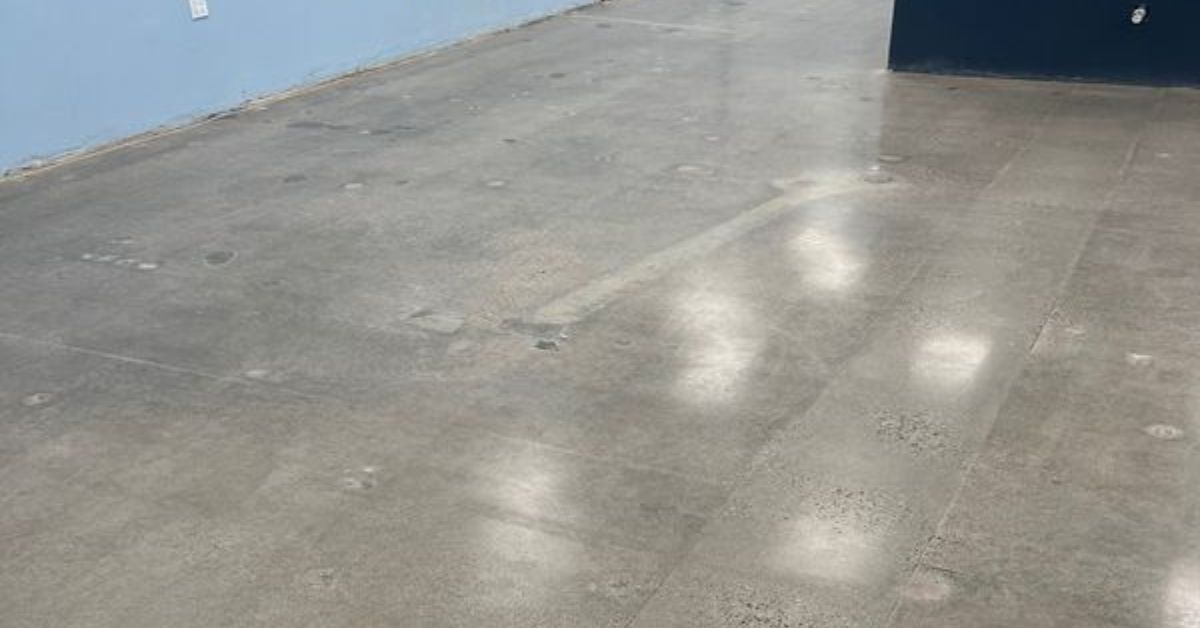Improving Hygiene and Sanitation with Epoxy Floor Coatings
When it comes to maintaining clean, safe, and sanitary spaces, the flooring under your feet plays a bigger role than you might think. Whether it’s in hospitals, schools, commercial kitchens, or even your garage, epoxy floor coatings have proven to be a game-changer in improving hygiene and sanitation. But what exactly makes epoxy floors so effective? Let’s dive in and find out.
What Are Epoxy Floor Coatings?
Epoxy floor coatings are a type of flooring made by mixing resin and a hardening agent. When applied to concrete or other surfaces, this mixture creates a durable, smooth, and seamless finish. Known for their strength and resistance, epoxy floors are widely used in commercial, industrial, and even residential settings.
Why Hygiene and Sanitation Matter in Flooring
Floors are often overlooked as a potential source of contamination. However, dirt, bacteria, and spills can accumulate in cracks, crevices, and porous surfaces, leading to unhygienic conditions. In spaces like hospitals or food production facilities, poor sanitation can lead to health risks, making it crucial to have flooring that supports cleanliness.
Epoxy Floors: A Hygienic Choice
Epoxy flooring boasts a seamless, non-porous surface that sets it apart from traditional flooring options like tile or wood. This unique characteristic eliminates the presence of cracks and grout lines, which are notorious for harboring dirt, bacteria, and other contaminants. As a result, cleaning epoxy floors is a simple and efficient process, significantly reducing the risk of microbial growth.
Epoxy coatings are exceptionally resistant to chemicals, stains, and spills. Whether it’s cleaning agents, oils, or food spills, the surface repels these substances, preventing them from penetrating and causing damage. This makes epoxy flooring an ideal choice for environments that are exposed to harsh chemicals or frequent spills. Additionally, many epoxy coatings are formulated with anti-microbial additives that actively inhibit the growth of bacteria and fungi. This feature is particularly valuable in healthcare, food production, and other settings where maintaining strict hygiene standards is paramount.
The Role of Epoxy in Healthcare Facilities
Hospitals, clinics, and laboratories demand the highest standards of cleanliness and hygiene. Epoxy flooring offers a seamless and durable solution that perfectly meets these stringent requirements. Its non-porous surface prevents the penetration of bacteria, mold, and other harmful microorganisms, making it easy to clean and disinfect.
Epoxy flooring’s resistance to chemicals and stains further enhances its suitability for healthcare environments. It can withstand the harsh cleaning agents and disinfectants used in these settings without deteriorating. Additionally, its slip-resistant properties reduce the risk of accidents, ensuring a safe working environment for both staff and patients.
 Advantages of Epoxy Floor Coatings for Hygiene
Advantages of Epoxy Floor Coatings for Hygiene
Epoxy flooring is renowned for its durability and longevity. Its resilient nature makes it highly resistant to wear and tear, preventing the formation of cracks and crevices that can become breeding grounds for bacteria. This ensures a consistently hygienic surface, ideal for environments with stringent sanitation requirements.
Maintaining epoxy floors is remarkably simple. Regular sweeping and mopping are typically sufficient to keep the surface clean and free from debris. This low-maintenance characteristic saves both time and effort, making it an attractive choice for busy facilities.
For added safety, epoxy floors can be treated with slip-resistant additives. This enhances traction without compromising on hygiene, reducing the risk of accidents and promoting a secure environment. Additionally, epoxy flooring can be customized to suit various needs, from incorporating anti-microbial coatings to adding decorative designs. This flexibility ensures that sanitation requirements are always met, regardless of the specific application.
Environmental Benefits
Epoxy floor coatings not only improve hygiene but are also eco-friendly. Their long lifespan reduces the need for replacements, minimizing waste. Additionally, their easy-to-clean surface requires less water and cleaning chemicals, contributing to sustainability.
How to Choose the Right Epoxy Floor Coating
When selecting epoxy flooring, it’s crucial to consider the specific needs of your space. For example, a hospital setting may require anti-microbial coatings to maintain high hygiene standards, while a warehouse might prioritize durability and chemical resistance. To ensure a flawless finish and optimal performance, it’s essential to work with experienced professionals who can assess your unique requirements and recommend the most suitable type of epoxy coating.
Investing in high-quality epoxy flooring products is a wise decision that pays off in the long run. By choosing premium materials, you can guarantee long-lasting results that meet or exceed industry standards for hygiene, sanitation, and durability.
Improving Sanitation with Epoxy Flooring
When it comes to improving hygiene and sanitation, epoxy floor coatings are a clear winner. Their seamless, durable, and easy-to-maintain surface makes them ideal for a variety of settings, from healthcare to food production and beyond. By choosing epoxy flooring, you’re not just investing in a clean surface—you’re promoting health, safety, and peace of mind.


 Advantages of Epoxy Floor Coatings for Hygiene
Advantages of Epoxy Floor Coatings for Hygiene










Leave a Reply
Want to join the discussion?Feel free to contribute!